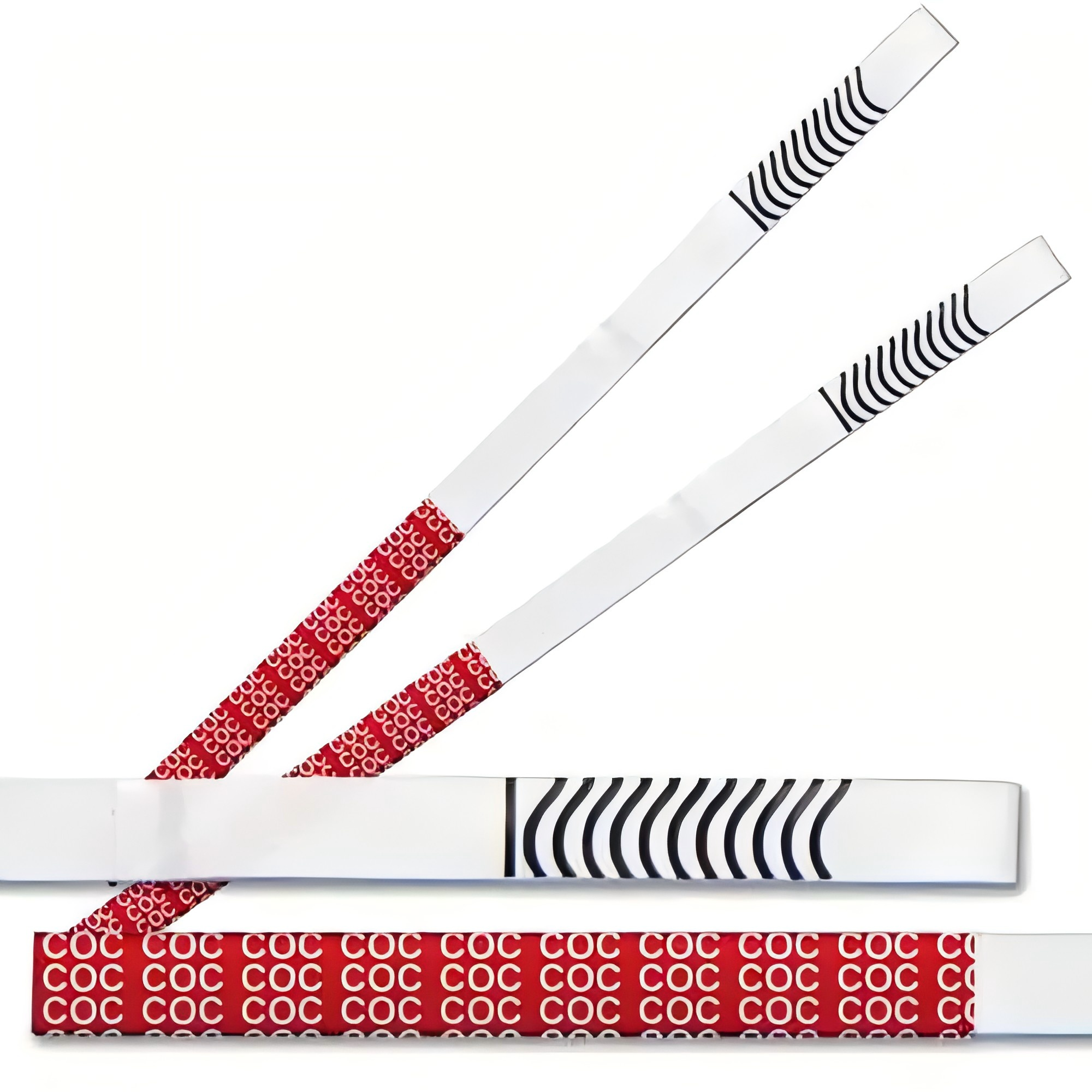Evaluating Supplier Experience and Reputation
When selecting a supplier for Lateral flow immunoassays (LFIAs), the supplier's experience and reputation are paramount. A seasoned supplier will have a track record of successful product launches and a deep understanding of the complexities involved in LFIA development and production. Verifying a supplier’s reputation through client testimonials and industry reviews can provide valuable insights into their reliability and service quality. A reputable supplier will often have collaborations with leading research institutions or participation in industry conferences, indicating their standing in the professional community.
Assessing Industry Tenure
The length of time a supplier has been operating in the field is an indicator of their capability and expertise. Suppliers with more than a decade in the industry are likely to have refined their processes and developed robust quality assurance systems. This shows their ability to adapt to market changes and maintain technological relevancy.
Quality Assurance and Certifications
Quality assurance is critical in the production of LFIAs due to the precision required in diagnostics. A supplier with ISO 13485:2016 certification demonstrates a commitment to quality management systems specifically tailored for medical devices. Certifications ensure that the supplier adheres to international standards and regulations, which is crucial for market entry and consumer safety.
Documenting Quality Control Measures
Suppliers should provide detailed documentation of their quality control measures, including testing protocols, batch traceability, and validation procedures. This transparency allows buyers to understand the rigor applied to product consistency and reliability, reducing the risk of defective or non-compliant batches.
Customization and Flexibility in Product Offerings
Every project may have unique requirements, necessitating a customized approach to LFIA development. A supplier's ability to offer custom solutions and adapt to specific needs is a valuable asset. This flexibility can be seen in their willingness to develop bespoke reagents, tailor assay formats, or adjust manufacturing processes to meet client specifications.
Agility in Response to Client Needs
Suppliers should demonstrate agility in their operational processes, enabling rapid adjustments to product specifications and production volumes. Factors such as quick turnaround times for custom orders and the ability to scale production efficiently are indicative of a supplier’s flexibility and responsiveness.
Materials and Component Sourcing
The quality of materials used in LFIA production substantially impacts the accuracy and reliability of the assays. Suppliers should source high-quality components, such as nitrocellulose membranes and reagents, from reputable manufacturers. Transparent sourcing policies and adherence to ethical standards in material procurement are indicative of a supplier’s commitment to sustainability and quality.
Evaluating Supply Chain Robustness
A reliable supplier will have a robust supply chain with contingency plans for material shortages or delays. Understanding the supplier's relationships with their component manufacturers can provide insights into the stability and reliability of their supply chain.
Supplier's R&D Capabilities
Research and development (R&D) capabilities are vital for innovation in LFIA technology. A supplier with a strong R&D department can contribute to the development of novel assays and enhancements in existing products. Evaluate the supplier's investment in R&D, as well as their involvement in advancements within the LFIA sector, to gauge their potential for contributing to pioneering solutions.
Technological Advancements and Innovation
Suppliers should demonstrate their commitment to innovation by continuously integrating new technologies and research findings into their products. This can include advancements in detection sensitivity, multiplexing capabilities, or new labeling techniques.
Cost-Effectiveness and Pricing Models
Cost-effectiveness is a significant consideration when selecting a supplier. Pricing models should reflect a balance between affordability and quality. Suppliers should offer competitive pricing schemes while maintaining stringent quality standards. Transparent pricing structures—whether through volume , long-term contract agreements, or bundled service offerings—are crucial for budgeting and financial planning.
Analyzing Return on Investment (ROI)
Evaluate the long-term ROI by comparing the initial costs against the potential savings from product efficiency and accuracy. Suppliers who provide detailed cost breakdowns and future cost-saving projections can aid in making informed purchasing decisions.
Manufacturing Capacity and Scalability
The ability to meet production demands is crucial, especially in scenarios requiring rapid scale-up. Suppliers should have a demonstrated capability for high-volume manufacturing while ensuring quality and compliance. This is particularly important for large-scale deployments or emergency health scenarios where time and precision are critical.
Assessing Production Facilities
Touring production facilities or reviewing facility audit reports can provide insights into a supplier’s capacity and compliance with regulations. Look for high-capacity production lines and automated systems that enhance efficiency and minimize human error.
Supplier Support and Customer Service
Efficient support and customer service can significantly enhance the purchasing experience. A supplier should offer comprehensive support, including technical assistance, troubleshooting, and after-sales service. This support should extend to training services for proper product usage and maintenance.
Measuring Service Effectiveness
Evaluate the responsiveness and expertise of the supplier's support team. Quick response times, comprehensive support resources, and effective problem resolution are indicators of a strong customer service framework.
Regulatory Compliance and Market Approvals
Ensuring regulatory compliance is non-negotiable in the medical device industry. Suppliers must comply with relevant regulations and have the necessary approvals for market entry. This not only ensures safety and efficacy but also facilitates smoother regulatory submissions.
Understanding Regulatory Processes
Suppliers should be well-versed in the regulatory requirements of target markets. This includes familiarity with the necessary documentation, testing requirements, and approval processes, such as CE marking or FDA clearance.
Longevity and Financial Stability of Supplier
A supplier’s financial health is indicative of their ability to provide long-term support and invest in continuous improvement. Financial viability ensures that they can sustain operations, invest in technological advancements, and cope with market demands.
Analyzing Financial Reports
Reviewing financial statements, annual reports, and market analyses can provide insights into a supplier’s financial trends and stability. It’s important to assess metrics such as growth rate, profitability, and asset management to gauge long-term viability.
Hysen Provide Solutions
At Hysen, we offer customized solutions for lateral flow immunoassays tailored to meet diverse industry needs. Our state-of-the-art facility ensures high-quality production, supported by robust R&D capabilities. We pride ourselves on flexibility, enabling us to adapt to client specifications seamlessly. Our commitment to quality, combined with competitive pricing and comprehensive support, makes us a reliable partner. Partner with us for your LFIA needs, and experience excellence in diagnostics.

Post time: Jul-25-2025
















